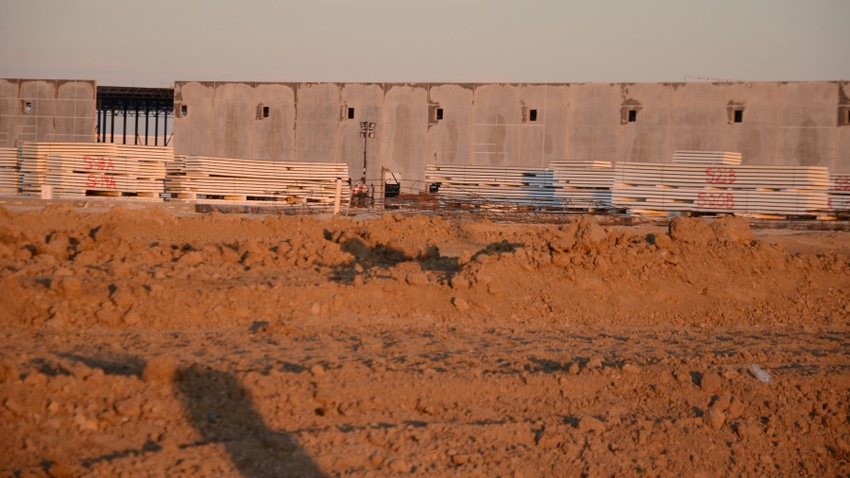
When Hans Schmitz was an FFA member competing in the extemporaneous speech contest over 20 years ago, one topic he could have selected was loss of prime farmland to development. When he judged the FFA state extemporaneous public speaking contest in 2022, it was still one of the “current topics” FFA members could address.
“It was an issue then, and it is still an issue,” says Schmitz, Poseyville, Ind., a soil health specialist for the Conservation Cropping Systems Initiative and Purdue Agronomy Department. His job today is encouraging farmers to use no-till and cover crops to build soil health. In theory, that will contribute to higher yields. Even Schmitz, however, wonders if efforts to promote soil health will be enough.
The Indiana Legislature is considering a bill directing authorities to compile a list of farmland lost to development. At the same time, the Legislature will consider budget proposals with huge price tags that would allow Indiana’s economic development commission to continue promoting development of farmland into business and industry. Such a project is already underway in Boone County.
Different perspective
A part-time farmer and professional truck driver contacted Indiana Prairie Farmer recently to voice concerns over the “waste of farmland all over Indiana.” Sitting high in his truck cab, he’s in a unique position to view changes over time.
“Maybe I haven’t been on a particular route for some time and then I get a run,” he says. “Recently, I went by what once was a well-kept, thriving farmstead. Now it’s nothing but warehouses and businesses all around it. I really don’t like seeing that.”
This individual believes it’s happening at an alarming rate. Besides warehouses popping up like mushrooms, he’s worried by housing developments filled with “cookie cutter” houses springing up out of nowhere. He wonders what’s driving this new housing boom, while many areas in major cities end up almost empty. People have moved out.
Act before it’s too late
“I’m afraid we will wake up someday and realize it’s too late,” he says. “People will want more food than we can raise on the land we have left.”
Perhaps that day is a way off, but he is not the only one who believes it could be coming. Yet when the American Farmland Trust issued a benchmark report in July about the loss of farmland, Indiana scored 44th out of all 50 states on its overall efforts to protect farmland.
When we interviewed Don Lamb, a Lebanon, Ind., farmer and businessman and new director of the Indiana State Department of Agriculture, he noted that agricultural economic development is important to the future of Indiana. If he means recognizing that farmland in a sense is already developed, as part of the most-efficient, most-productive food-producing system ever devised, we agree.
It’s time Hoosiers recognize every acre of farmland is important. We’re not anti-development, but we are against taking land out of production without first thoroughly investigating ways to impact the least amount of prime farmland. Our grandchildren deserve nothing less than our wise use of natural resources, including the most basic of all natural resources — the land.
About the Author(s)
You May Also Like




